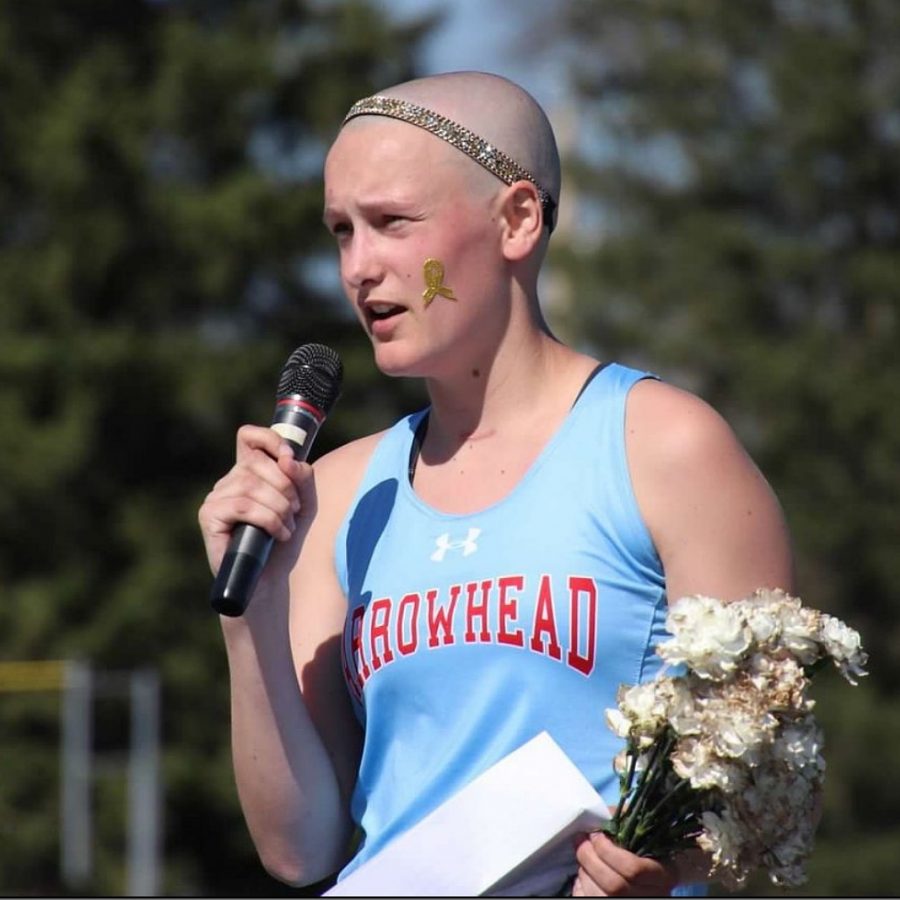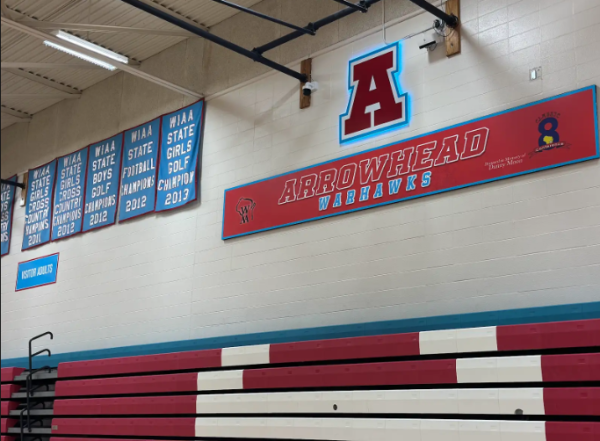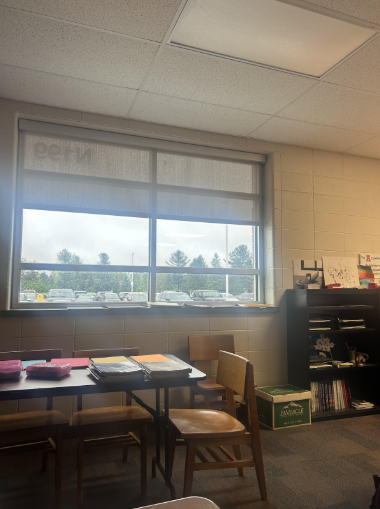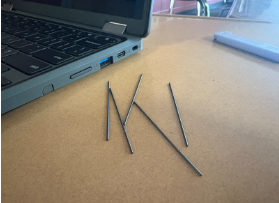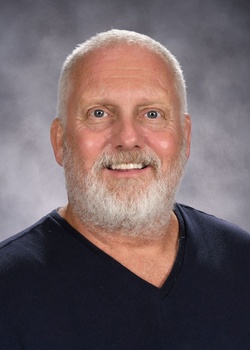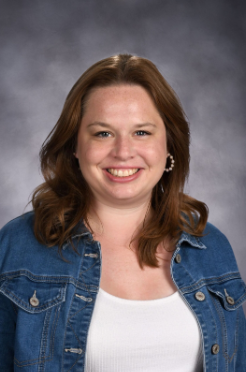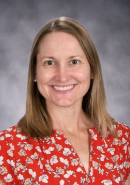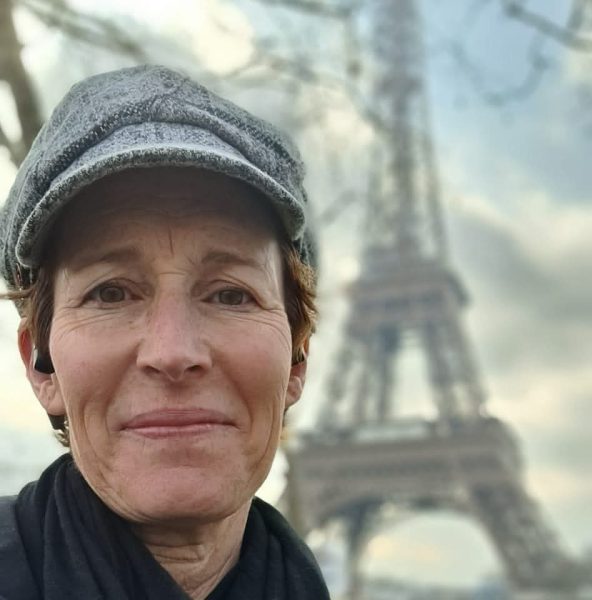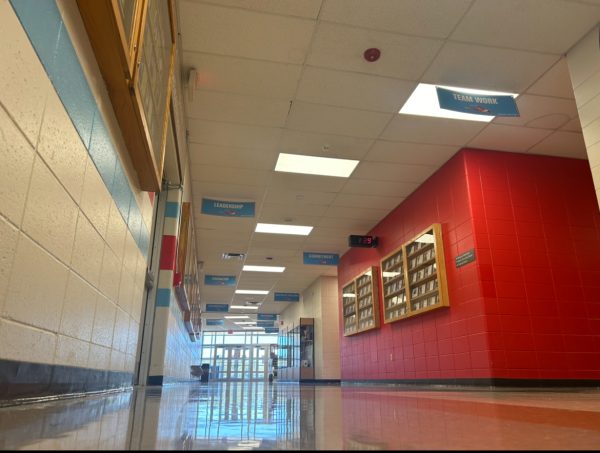Arrowhead Graduate Beats Cancer
In 2018, Kalena Clauer was a 17-year-old girl senior attending Arrowhead high school when, on January 15th, she was diagnosed with stage two thyroid cancer.
Clauer said after the diagnosis, her thyroid was removed. She is now required to take thyroid replacement hormones for the rest of her life. If she doesn’t, she will eventually go into a coma, she said.
She also takes three calcium pills three times a day in order to keep her calcium blood levels up. She said calcium is important for heart function and muscle movement.
She says she also takes magnesium three times a day so she can absorb the calcium.
According to Clauer, she did one round of radioactive iodine treatment in order to kill most of the cancer. She said that it’s a pill that she swallowed and was in isolation for four days as she was radioactive.
The radioactive iodine lasted seven days from when she started infusions and went into isolation.
“Thyroid cancer is not the ‘good cancer’ I have been told that many times and it’s not true. Cancer is a horrible disease that ruins lives. I am lucky to have survived, but that doesn’t mean thyroid cancer is good. I will have incurable illness due to treatment for the rest of my life and that is not good,” said Clauer in an email.
According to Clauer, she was taking about 30 pills a day after surgery and now, 11 months later she is now taking 20.5 pills per day.
“Cancer is a horrible disease that ruins lives. I am lucky to have survived, but that doesn’t mean thyroid cancer is good. I will have incurable illness due to treatment for the rest of my life and that is not good,” said Clauer in the email.
Clauer says that children under the age of 18 only receive 7% of funds from the national budget for cancer research.
“That is not enough,” said Clauer.
The funding for childhood cancer research initially was 4%, until the STAR Act boosted it up to 7%. The STAR Act stands for Survivorship Treatment Access Research.
Clauer says how children and young adults do not have the ability to withstand the same treatments adults do. She said that is the reason why she had such a hard reaction with the radiation. She says most hospitals will not fund childhood cancer research because so far it has not made much progress.
“That is just not ethical or fair if you ask me,” said Clauer.
She says the main support has come from her family and her cross country and track team, both at Arrowhead and University of Wisconsin-Stevens Point.
According to Clauer, the Arrowhead track team held a huge fundraiser for the oncology ward at Children’s Hospital of Wisconsin. They raised over $6,000 for the hospital.
“It was an amazing experience, and we really spread the message about childhood cancer and how prevalent it is,” said Clauer in the email.
The UW-Stevens Point cross country team held a small fundraiser and among their team at their alumni meet, she says.
“It was a surprise to me and it was super sweet. We raised over $700 for Children’s Hospital of Wisconsin oncology ward,” she said in the email.
“All of my teams have been so supportive. It’s hard to be an athlete when your body is working against you, but it’s so much easier when you have a team working with you,” Clauer said in the email.
According to Clauer, almost all of her teachers at Arrowhead were supportive.
“Mrs. Passler was very supportive and great to talk to about the whole experience. She is very empathetic. Mr. Lewandowski was also helpful in helping coordinate my academics while I was missing school for radiation and surgery,” said Clauer
According to Clauer, she missed school about twice every other week. She was in school a lot while she wasn’t feeling well. “I hate missing school!” she wrote in another email.
Clauer wrote in the email the worst part of cancer was the fact that people around her had a hard time accepting it. She spent a lot of time telling other people she was going to be okay when in reality she had no idea if she would be okay, she says. She wrote she really needed other people to be there for her, but she spent a lot of time trying to console her friends and family.
Clauer also wrote she found radiation to be really scary. She was in isolation and got really sick. She had unexpected symptoms, and ended up in the E.R.
The best part, she says, if she had to pick a good spot, was the overwhelming support she received from her teams at Arrowhead and UW-Stevens Point.
“It is amazing how they all came to my side when I was at my lowest. It really restores your faith in people when you see them go out of their way to help you,” said Clauer in the email.
She graduated Arrowhead in 2018 and is now an 18-year-old freshman at U.W. Stevens Point.
According to Clauer, she thinks her story has just started.
“I hope one day I am remembered for making a difference in the world, and for making my friends smile. As of right now, I am just as normal as everyone. Sure, I am a medical anomaly, but that doesn’t define who I am,” she said in the email.
